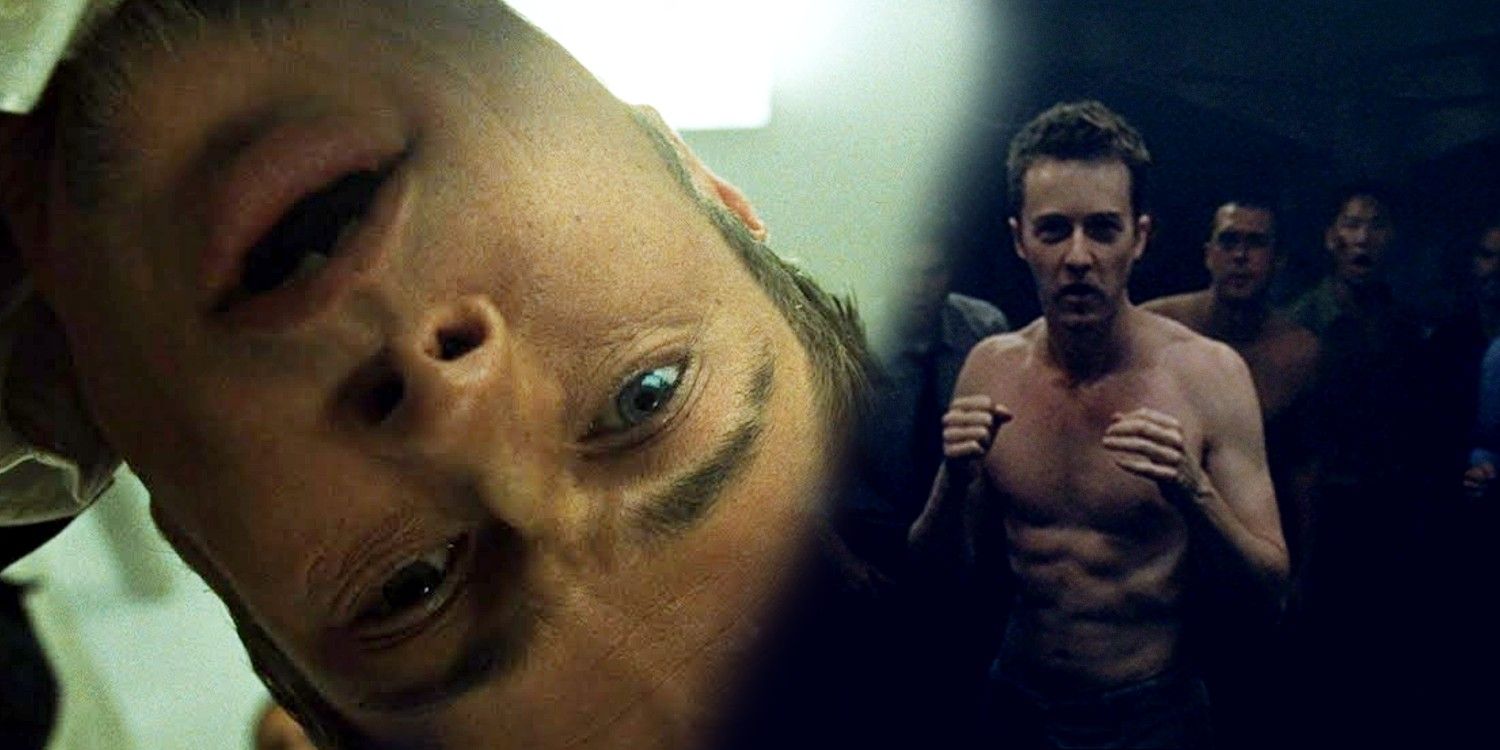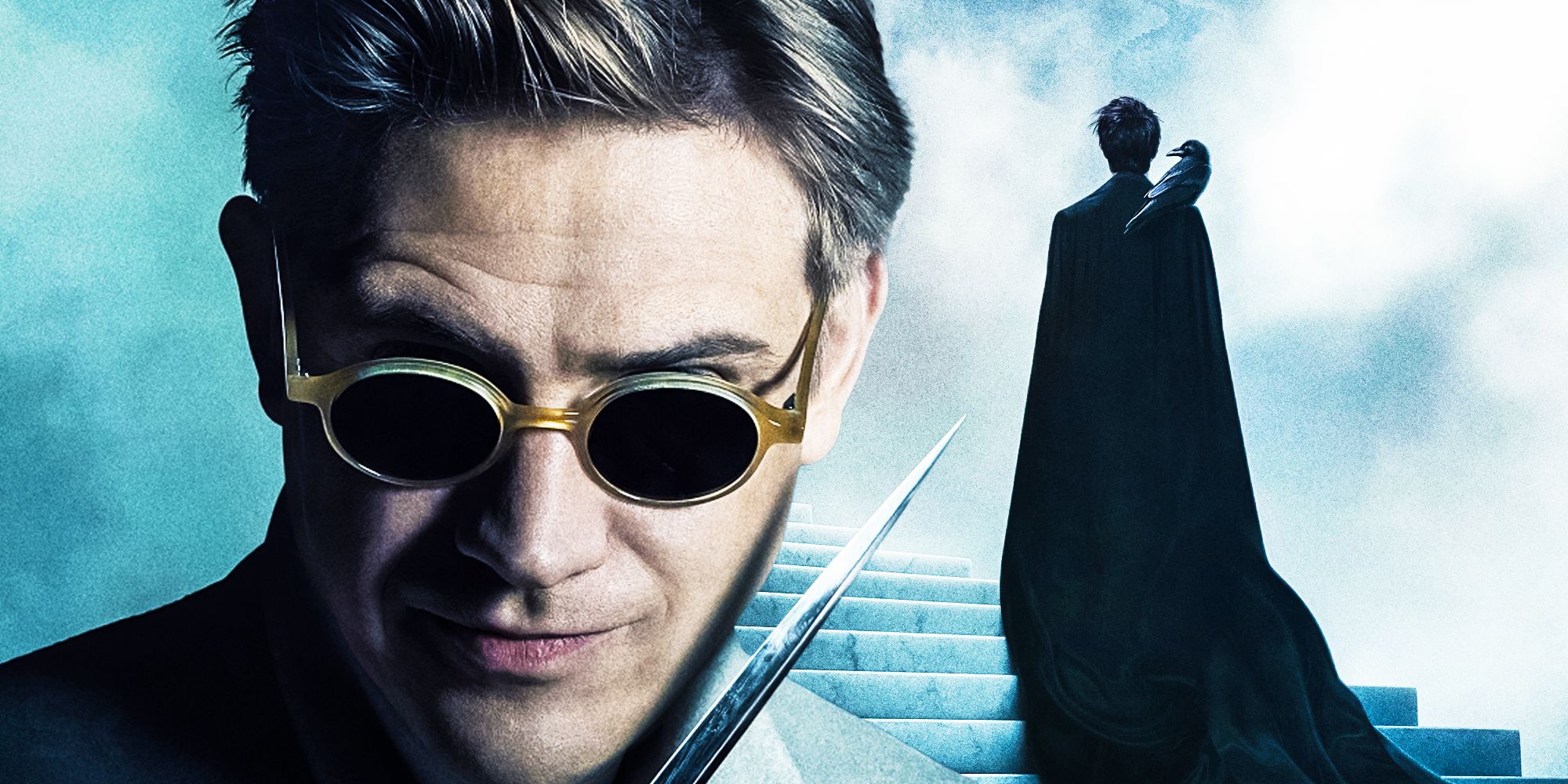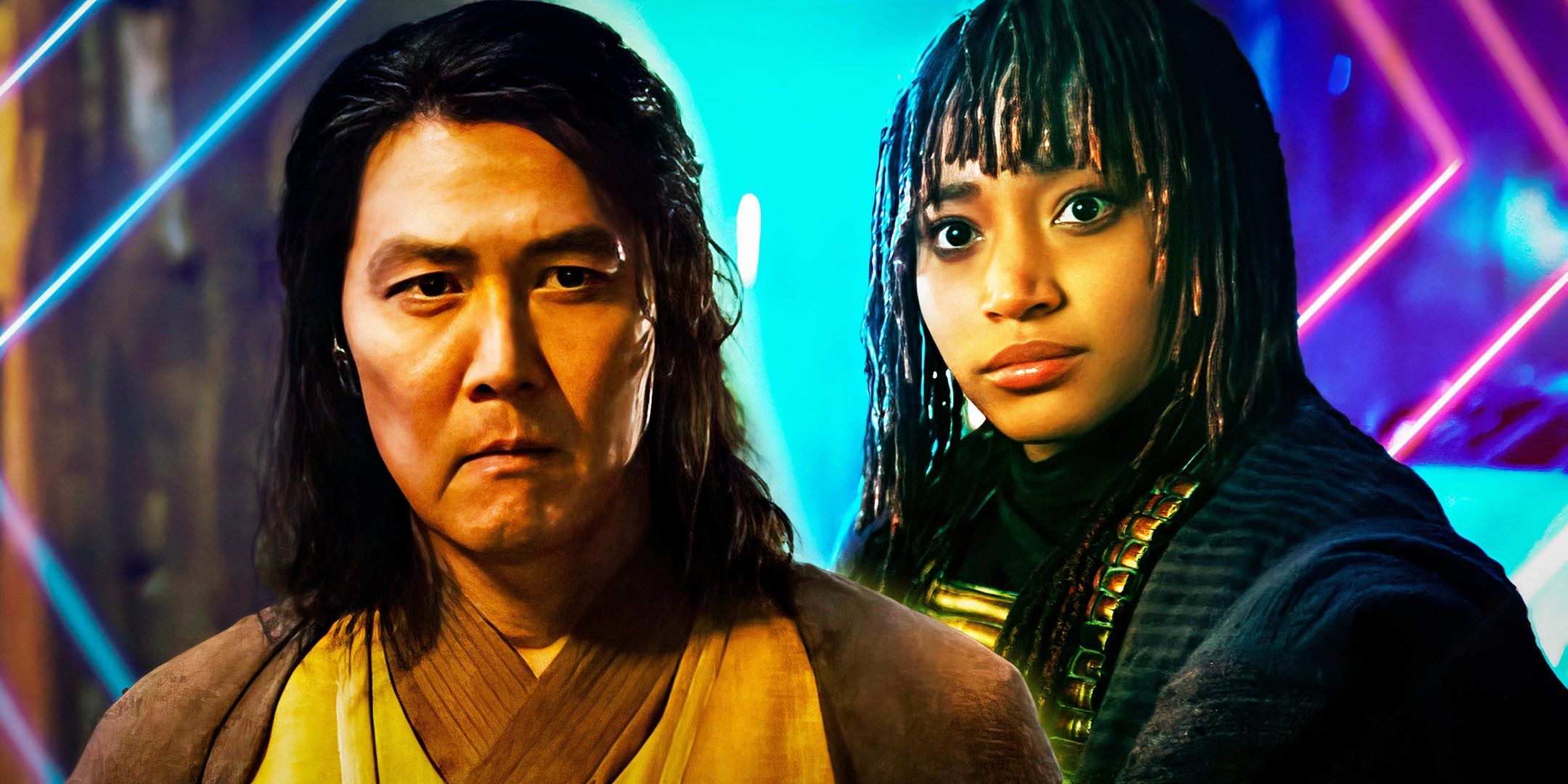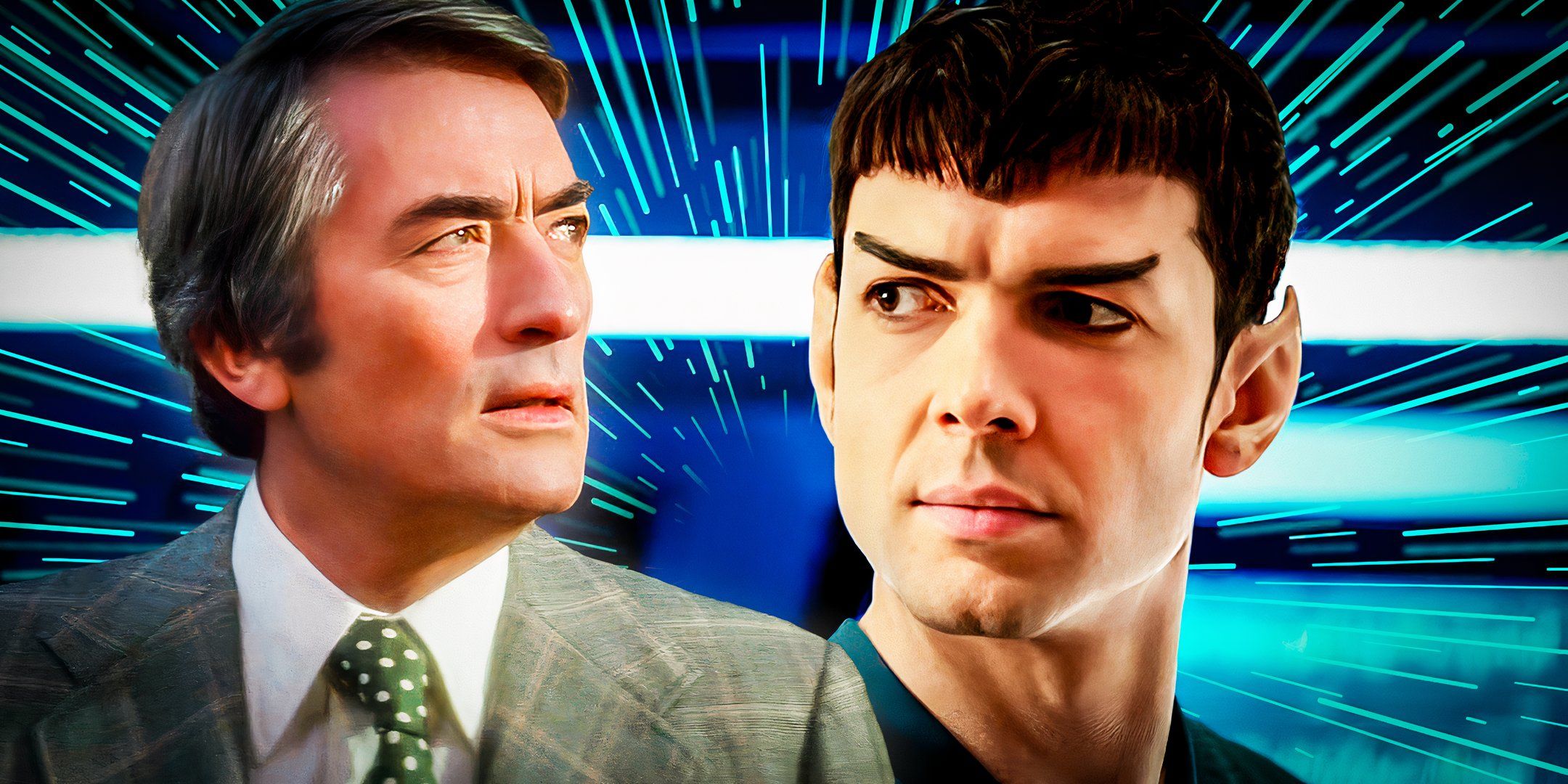WARNING: This article contains SPOILERS for Wonder Woman.
–
The Wonder Woman movie introduces a brand new wave of superhero fans to Diana’s DC Comic history – but some of the movie’s twists and turns may need some explaining. Especially since the Amazon princess is learning the history of her people and their millennia-long feud with the Gods of Olympus. Where DC’s headlining heroine had her mother Hippolyta (Connie Nielsen) and Themyscira’s fiercest warrior Antiope (Robin Wright) to turn to for insights and explanations, fans of the film have only ourselves. And believe us, with a story this drenched in themes of war, corruption, and man’s lust for power, some of the smaller details are easy to miss.
The worldwide audience got their first glimpse of Wonder Woman’s story in Batman V Superman, so the task of her origin film is to take us all back to the beginning – ideally, showing how the decision and tragedies of her past made her into the hardened warrior she is in the modern era of the DCEU. The movie comes through, showing how Wonder Woman’s story differs from Batman or Superman. And where those films planted seeds for the future of the movie universe, Wonder Woman is showing how it all began.
But if Diana defeats the God of War, why does a future turned away from humanity lie ahead? And if the feud stretches back into ancient history, why only now has Ares launched his final assault? These questions and more are answered in our list of Wonder Woman: Unanswered Movie Questions & DCEU Plot Holes.
Did Zeus Really Create The World of The DCEU?

We doubt that director Patty Jenkins, the producers, or studio would want fans to get caught up in the claim that Zeus actually created all of humanity in the DCEU, and it being presented as a legend or fable (“once upon a time…”) lends some creative license to Hippolyta specifically, and the filmmakers generally. But it is a different creation myth than that of DC Comics, where Zeus was an unpredictable, often surly deity – leaving the spurned women among the gods to create the Amazons. And it may tie into the larger mythology of the DC Universe, with Steppenwolf and Darkseid coming to the movies soon enough.
In the comics, the tale of gods and apocalypse summed up in Norse mythology were actually real gods of the Second World. When war erupted among them, Ragnarok sent a wave of divine energy across the universe, creating the Greek, Egyptian, and other Earthly gods. It then reached the edge of the universe, and bounced back, creating lesser demigods, or ‘metahumans.’ We don’t know if Steppenwolf or other Apokoliptian gods will reveal that same story to our heroes in Justice League, but if so, it looks like Zeus took all the credit for the Second World’s gift.
Why is Wonder Woman’s Armor Special?
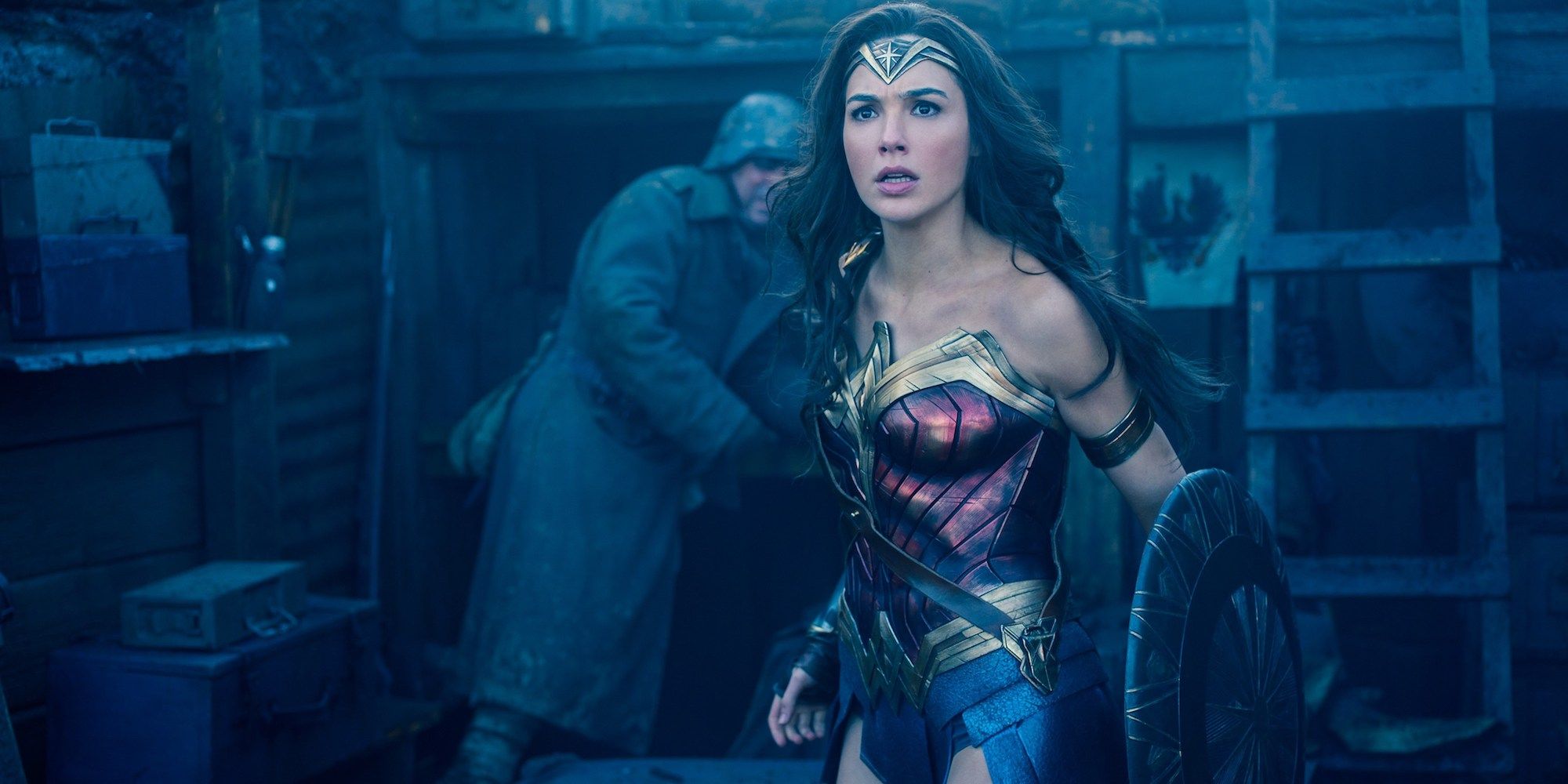
After snatching up the Lasso of Hestia, the shield, and Godkiller sword, Diana pauses to gaze at the red, blue, and gold armor stored alongside them. So it remains something of a mystery, leaving fans to come up with their own theories. Obviously, there’s the presence of red (a common color for Hestia, the goddess of the home also responsible for the lasso) and blue (a color associated with the wisdom of Athena), and the golden eagle imagery carried over from the comics – which may be the key. Eagles in Greek mythology have general and specific meaning, from suggesting the dominance, freedom, and ‘higher rank’ of creatures that fly in the skies closer to the gods, to specifically representing the Aetos Dios, the “Eagle of Zeus.”
That eagle was Zeus’s messenger and courier of thunderbolts, which adds new meaning to both Diana’s armor and that of her mother, Queen Hippolyta. Since the queen literally carried the weapon of Zeus, the eagle on her chest has both literal and figurative meaning to the immortal monarch. Given that Diana’s blue and red armor is a perfect fit, and carries over the same designs of her mother’s… perhaps it was always meant for her, whether she knew it or not. Here’s hoping we get some more clarification soon.
Why Did Ares Wait Thousands of Years To Attack?
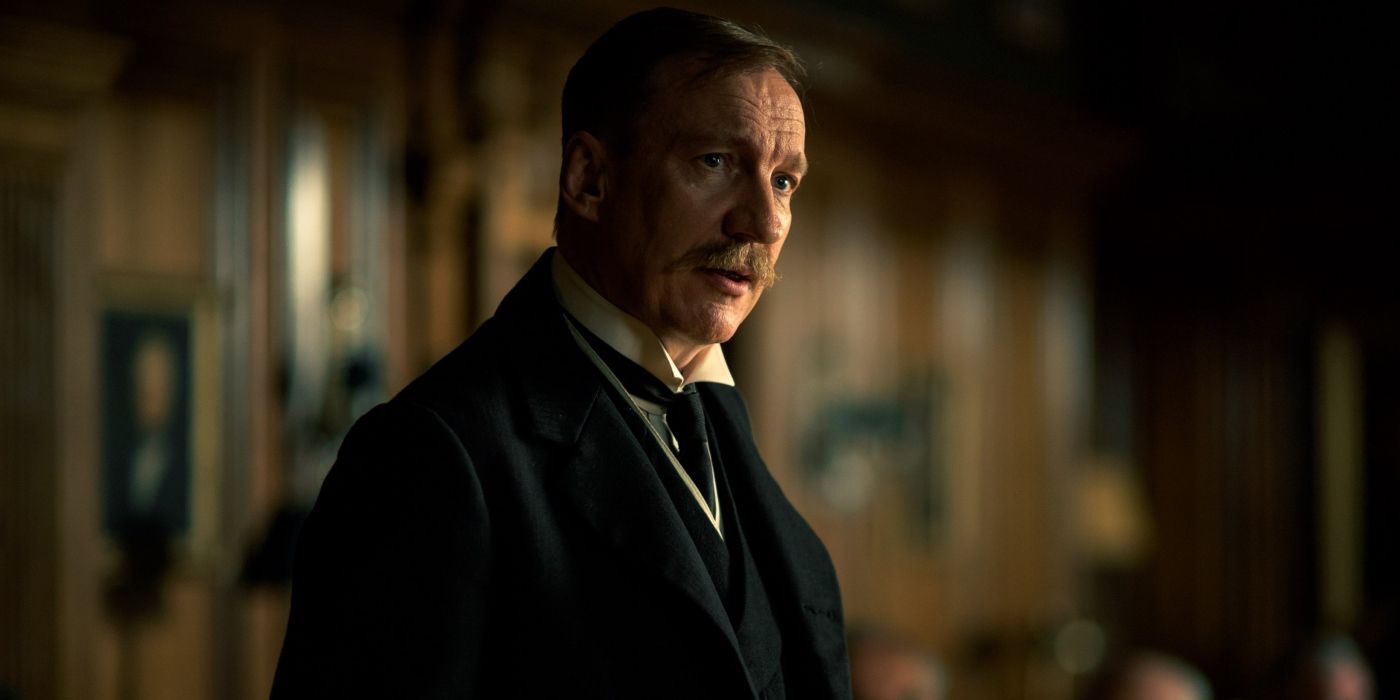
The cynics or casual viewers will write off the timing of Ares’s master plan as convenience for the sake of the movie, but truth of it is far more resonant with the themes and plot of the entire story. Yes, Ares could have tried to destroy the world and its people sooner… but destruction was never his goal. Diana believes the story her mother told her, of Ares corrupting Mankind with hate and violence. But as Ares himself explains, his intention was merely to reveal the hypocrisy and lie of Zeus’s love for humanity. He could see their true nature as something far darker, and was determined to show that he had been right all along.
As a result, he never put on a disguise to lead the war, or used his powers to amplify the effectiveness of attacks: he whispered in humanity’s ear, giving them all the opportunities they needed to become the monsters he believed them to be. Drawing that idea out, it’s safe to assume that Ares has been guiding humanity for centuries, if not millennia – all leading to The Great War, when humans finally had the technology capable of killing entire populations. He showed us the way… but allowed us the time to destroy ourselves, as he knew we would.
NEXT: [valnet-url-page page=2 paginated=0 text=’The%20Final%20Twists%20%26%20Ending%20Explained’]
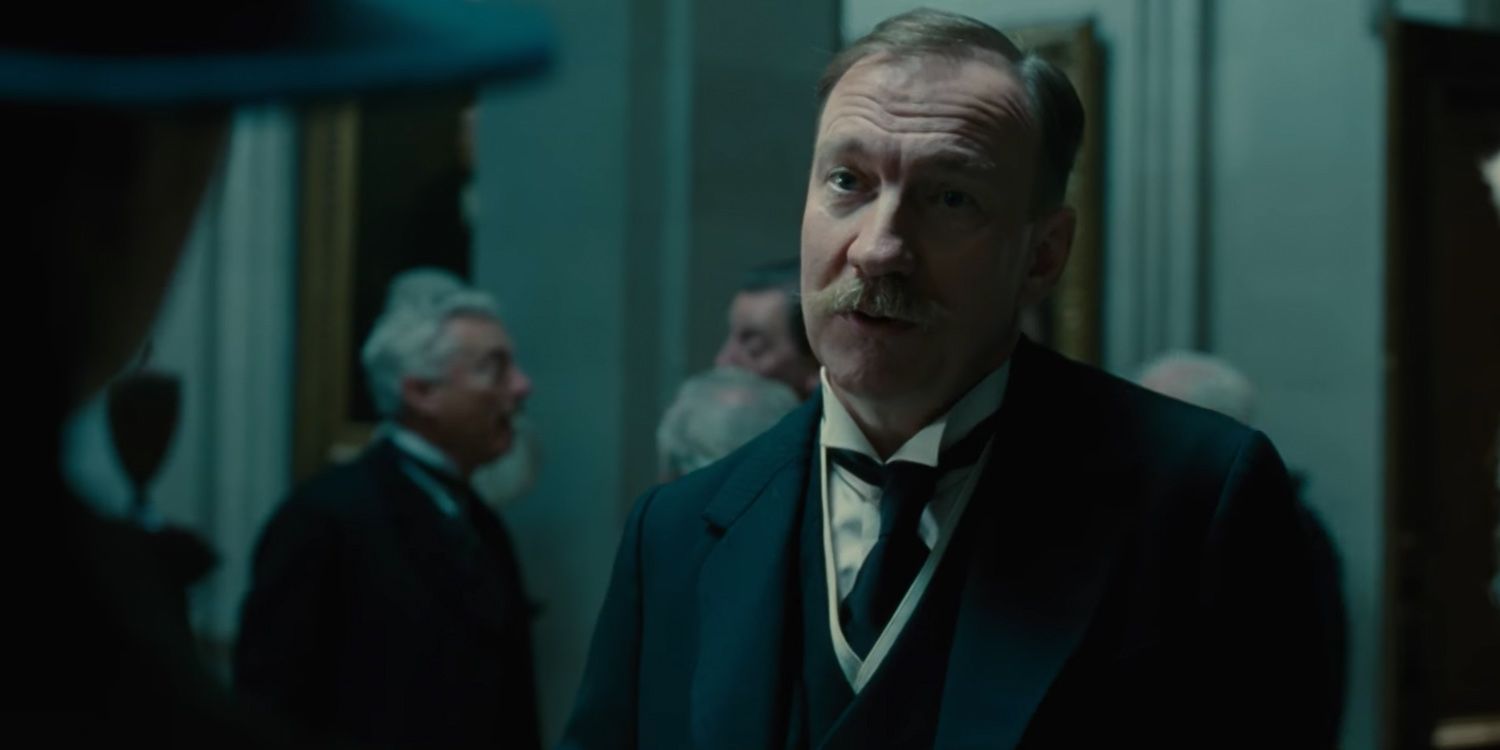
So Why is Ares/Sir Patrick Pushing For Peace?
Despite the true identity of ‘Sir Patrick’ being spoiled after test screenings, the role his character plays in the story is likely to throw viewers off the trail. On the surface, it makes far more sense for Ares to be desperately fighting to keep the war alive than to be the one pushing to end it. In fact, some audience members may have a hard time actually grasping Ares’s angle here, provided you miss one or two lines of dialogue. Yes, Sir Patrick is the one arguing for an armistice with Germany… knowing that Ludendorff and Maru were already determined to launch their attack.
For some historical context, World War I didn’t actually end in a “defeat” like World War II. That armistice Sir Patrick was pushing for was actually what ceased hostilities in the conflict, with both sides agreeing to a truce, allowing all parties to return to their own borders (many of which were changed in the same agreement). The point is that Germany was, as the movie shows, facing difficulties if the fight continued. And while Ludendorff (the fictional version) was fighting for bloodshed and slaughter, Germany had been fighting for empire. Their window had closed, but Ludendorff’s was still open.
That’s what Ares was counting on, knowing that if a ceasefire could be reached due to all parties’ growing horror with what The Great War was causing, and then broken, they would have no choice but to keep sliding down into total annihilation. Thankfully, his efforts for peace succeeded… but his other plan was thwarted.
Wouldn’t Steve Have Spread The Toxic Gas?
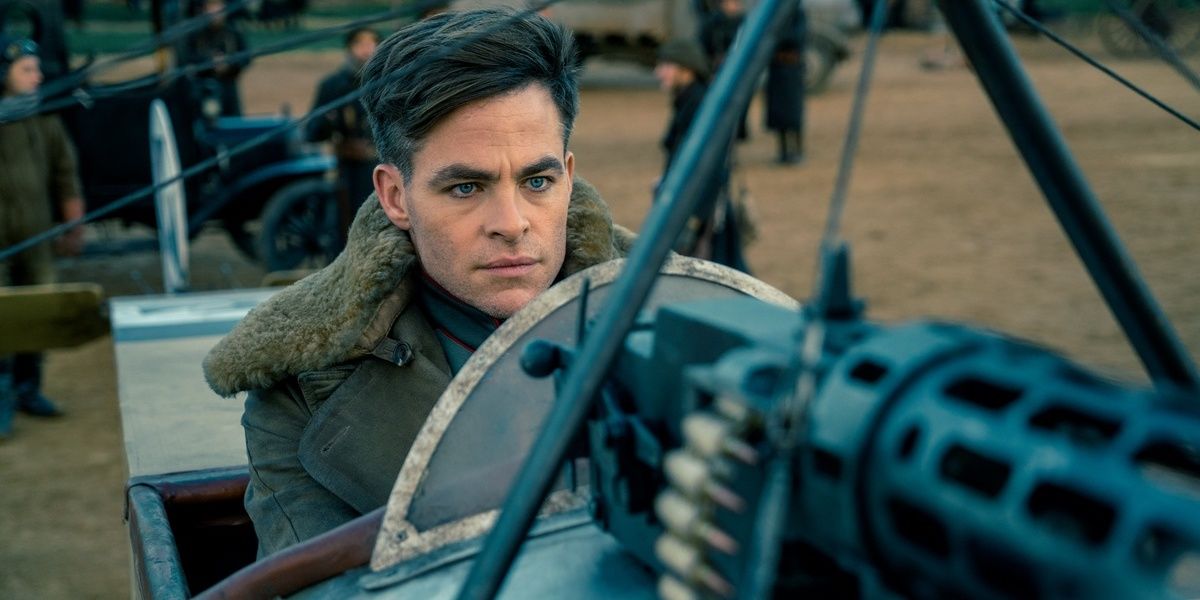
As Diana takes her chances against Ares in open, godly combat, Steve Trevor takes to the skies aboard the plane programmed to detonate in London, England, covering the population in the deadly mustard gas designed by Doctor Poison. Knowing that the timers on the weapons have determined that they will be deployed, Steve’s only chance to save the day is to get behind the controls, ensure that the plane reaches an altitude far enough away from his allies to protect them, and detonate the plane’s payload.
Thanks to the frequent use of gas attacks and chemical dispersion in science fiction and blockbuster films, some in the audience might ask: “isn’t it a BAD idea to fly killer chemical weapons up into the sky, and then scatter them into the wind over a larger area?” It’s a fair point to raise, especially if you’re concerned for those living in the nearby countryside. However, the characters point out that the chemical is hydrogen-based instead of the usual sulfur, meaning it’s as combustible as it is deadly.
So when ignited by a bullet (in typical movie chemical reaction fashion) the chemical compound will rapidly burn, creating a massive explosion while destroying itself before it can harm a soul.
How Can Diana Kill Ares When Zeus Couldn’t?
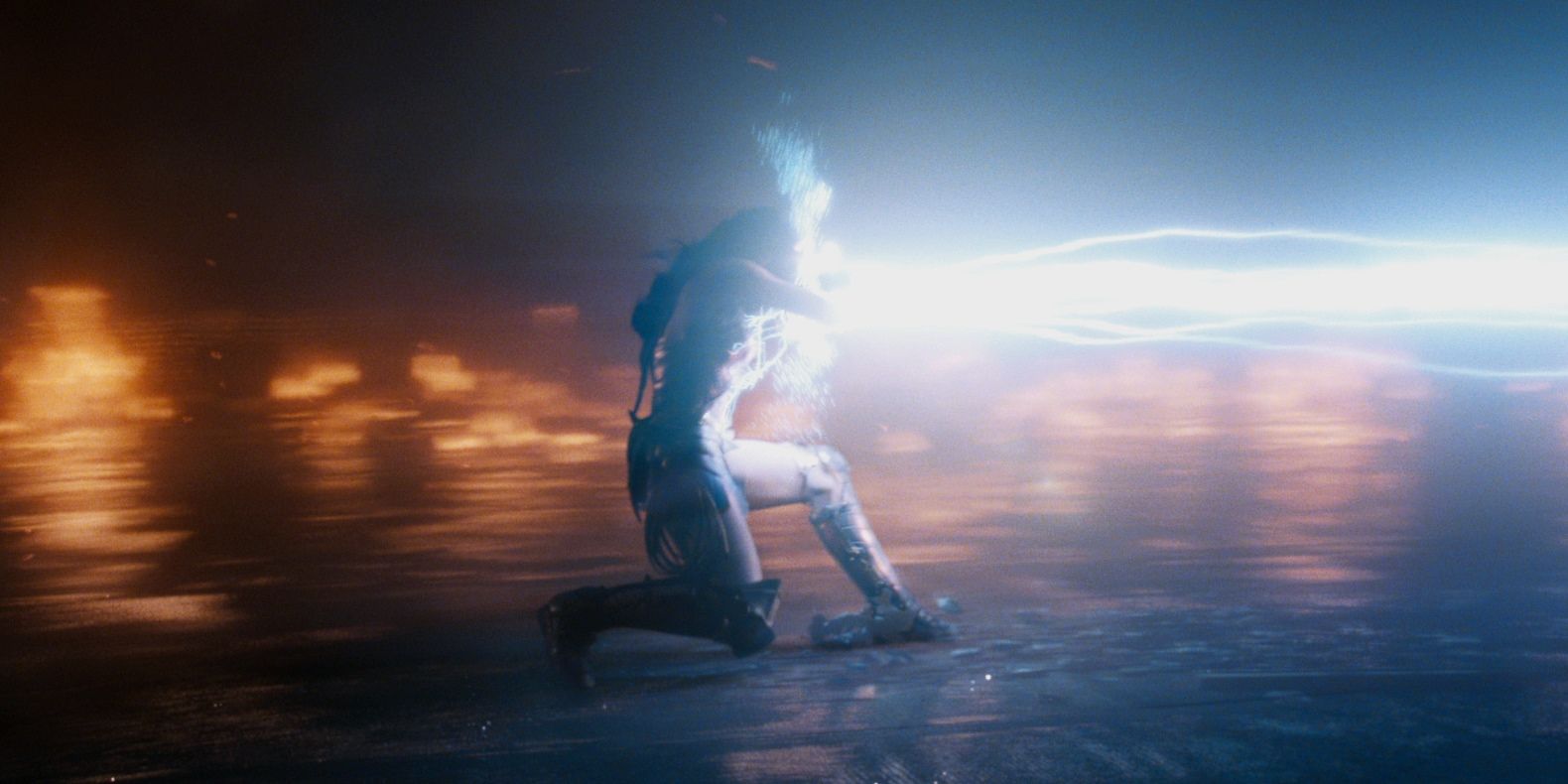
During Ares’s monologue late in the film, the villain is shown recovering from his wounds inflicted by his father, Zeus. The question then becomes: if Zeus wasn’t actually able to kill Ares – easy to believe, since he is the God of War, and therefore able to kill the other gods – then how can Diana, who is merely a demigod? The answer may not be obvious or offered directly, but it’s worth reminding people that the “power” of Greek gods shouldn’t be thought of as being ‘watered-down’ through generations. Zeus was a god and Hippolyta wasn’t, sure… but she is immortal, and created by Zeus to be something special, not to mention the most fearsome of her entire race of fearsome and powerful warriors.
The easiest explanation would be that Zeus simply couldn’t kill Ares because he was his son (and the connection between family is a pretty strong theme in the film). The missing ingredient here, as we see it, is the conviction behind Diana’s powers and ultimate attack. In the original showdown, Zeus was in denial claiming men were good and Ares was bad. Ares denied his manipulation, claiming men were bad, and he was right. Diana is unlike either: she knows men are imperfect, but fights for the belief they can be better… a belief that, thanks to Steve, is rooted in love.
Perhaps that was the missing ingredient needed to truly overpower the embodiment and mentality of War?
If Ares is Dead, Why Did Wars Continue?
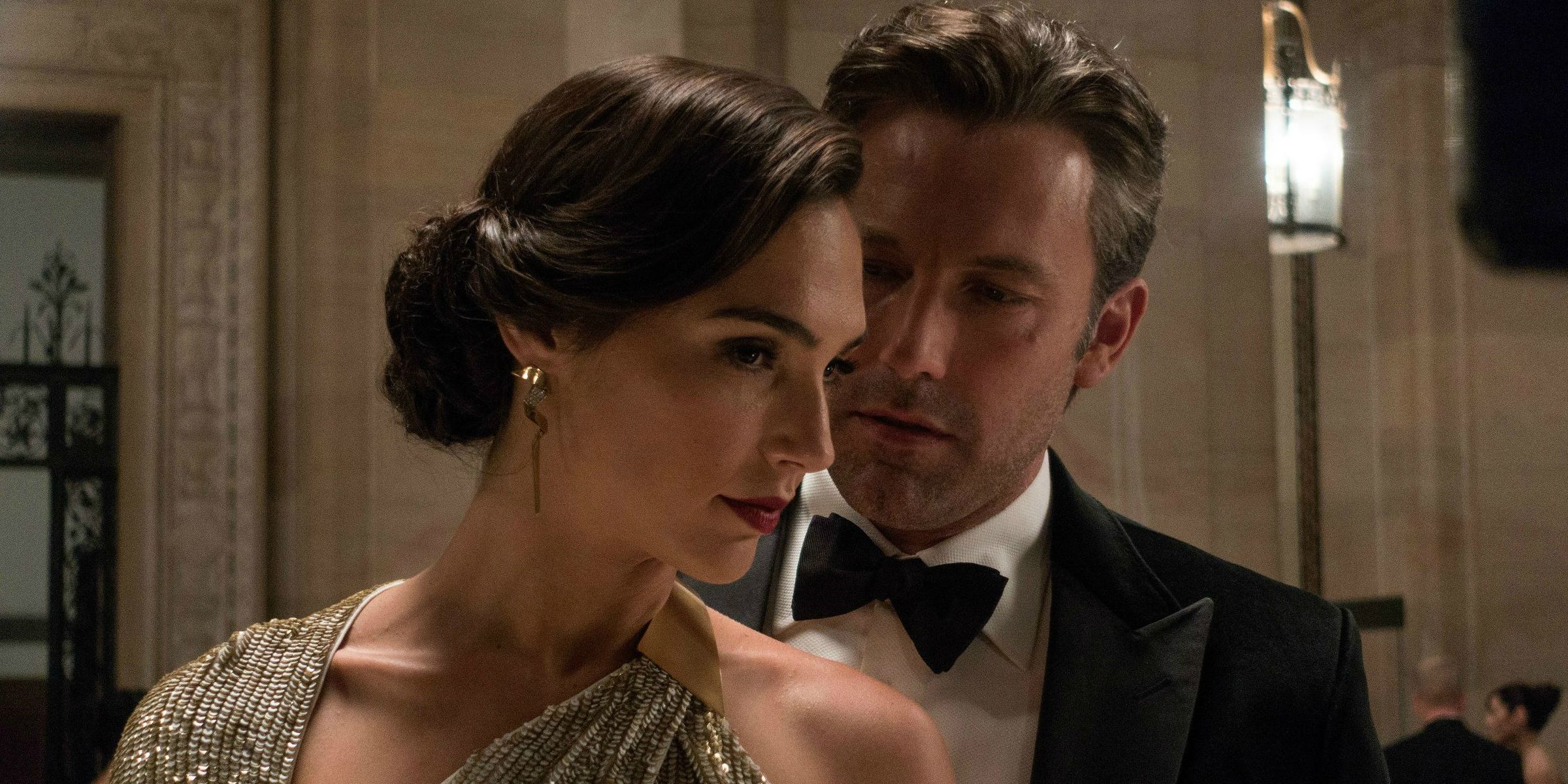
Once Diana manages to slay the man she believes to be Ares, she naively assumes that the people involved in the war will simply stop fighting, having absolutely no natural inclination towards hate, violence, or lust for power. But as they keep rolling forward, she is utterly disillusioned. She has learned what the audience knows: people are all too ready to hate, kill, and claim… no extra encouragement. In that moment, she seems to have reached the point she refers to in Batman V Superman, having “turned her back“ from the horrors of man’s world, only now realizing that Ares wasn’t needed to plunge the world into “a century of horrors.”
Until she kills the actual Ares, and everyone puts down their weapons, and agrees to end the war. It could be seen as actually validating Diana’s naivete, and the audience may have trouble accepting the implied message, knowing that war was by no means over. The best answer we can come up with is that Diana succeeded in stopping Ares’s specific plan – but by that point, as we mentioned before, humanity had already acquired the kinds of weapons they never should have, without evolving their basic nature or value of life and conflict.
Ares got humanity to the 20th Century, and it was too hard a ball to stop rolling. That being said director Patty Jenkins explained Wonder Woman‘s link to BvS, clarifying that Diana “turning away” may simply mean she stopped trying to save the world from itself in some grand sense. Not alone, anyway…
NEXT: Wonder Woman Movie Easter Eggs & DC References
Key Release Dates
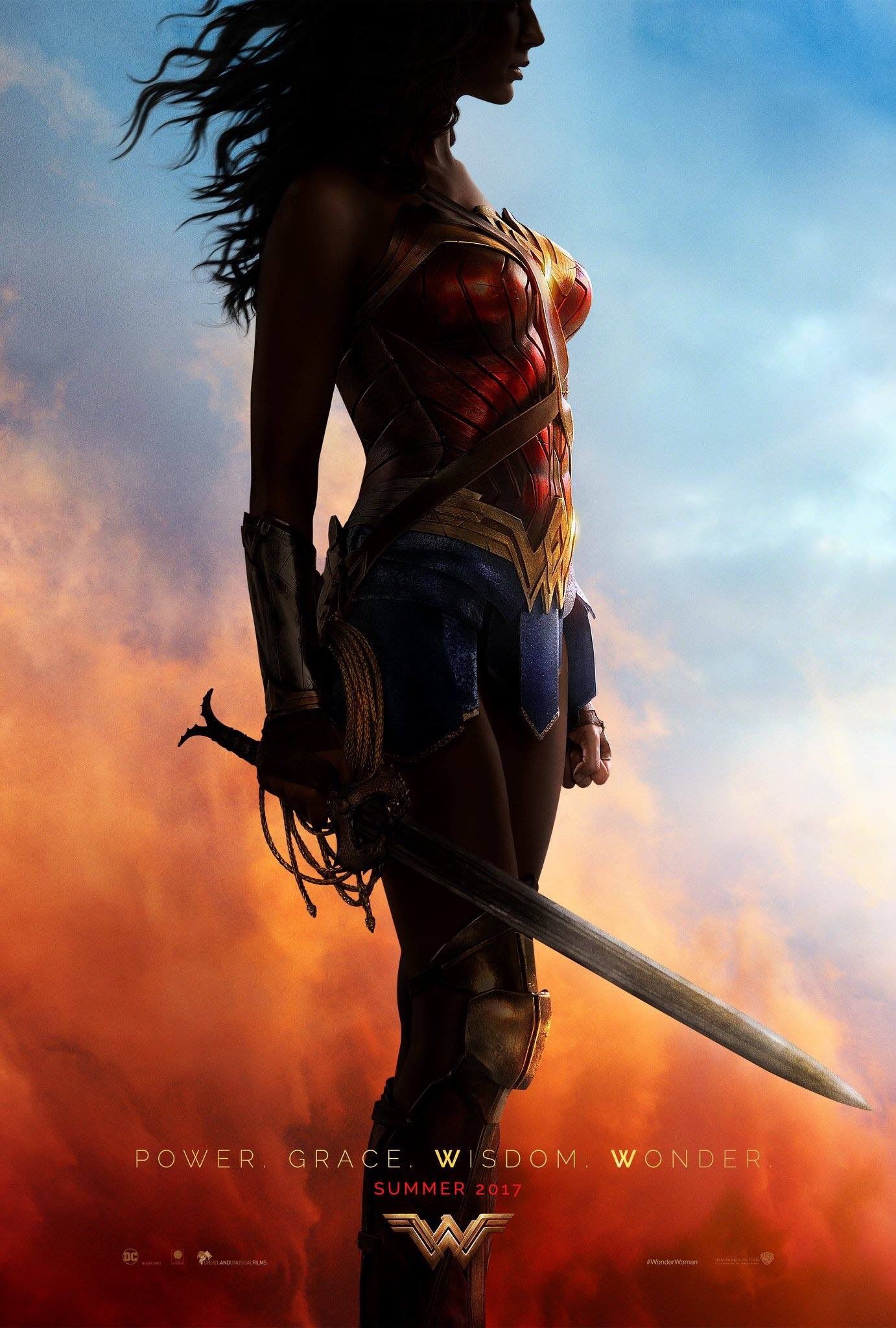
Wonder Woman
Release Date:2017-06-02
